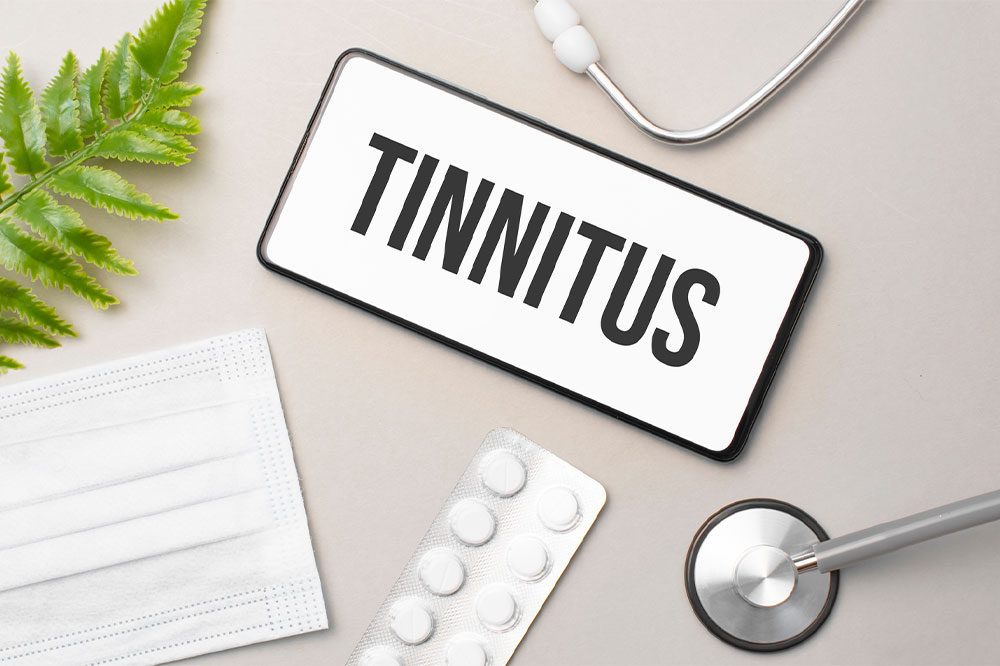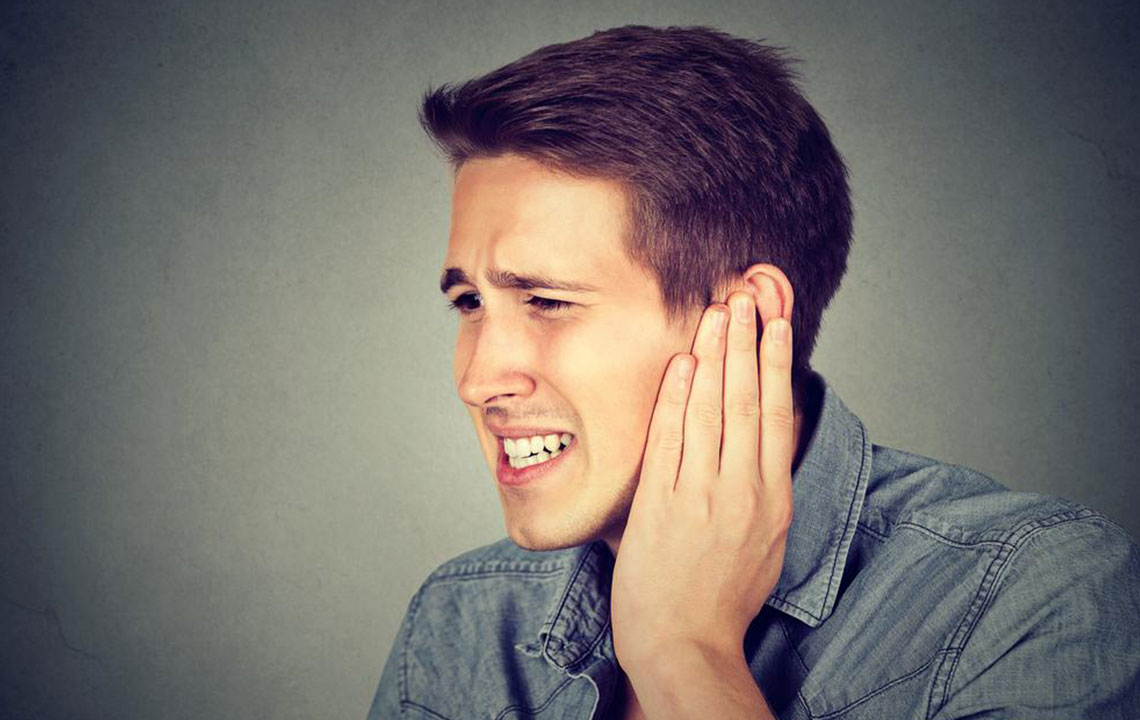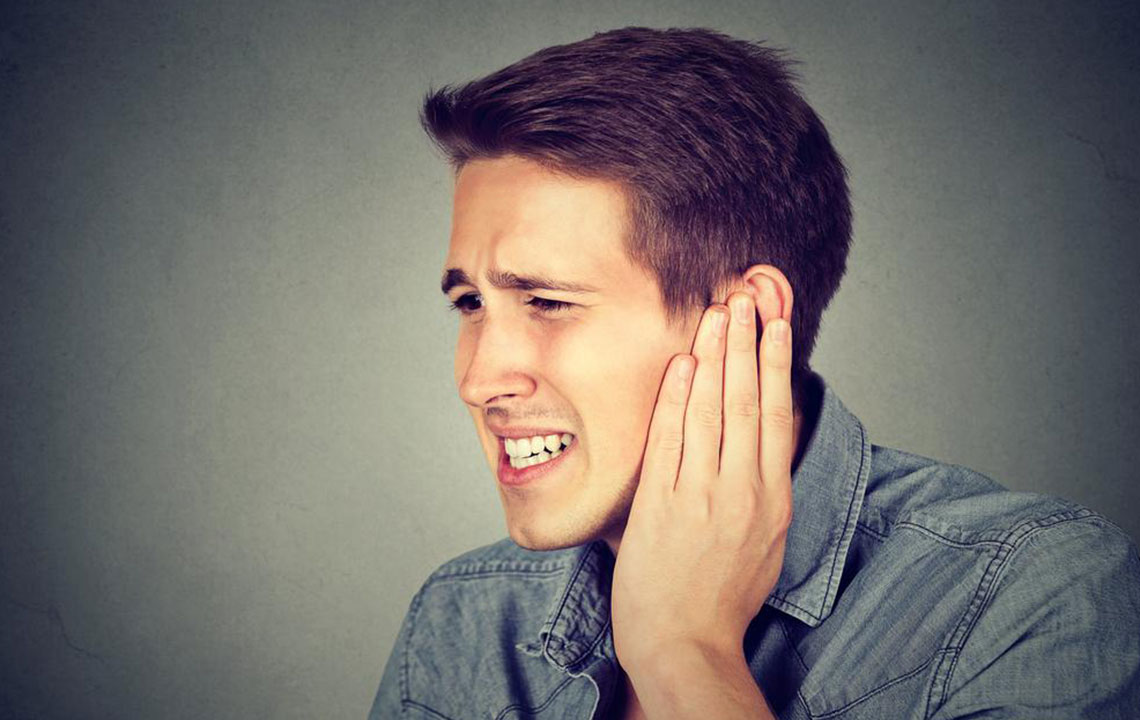Tinnitus – Types, Causes, and More
After one listens to loud music, the ears start buzzing or ringing. And if the sound doesn’t seem to stop, you might have a mild case of tinnitus. Such impairment may only last briefly, but it could persist. It creates a bothersome noise that seems to be coming from inside their ears frequently or never goes away for them. Here are the various issues caused by tinnitus and available treatments for them:

Sounds of Tinnitus
Despite no external sound source, some people report experiencing a whistling or buzzing noise in their ears. These sounds, which can be intermittent or constant and vary in loudness, arise from inside the ear and take the form of clicking, roaring, or hissing.
Pulsatile tinnitus refers to these ringing noises that occasionally beat in time with your heartbeat. The sound may be heard by the sufferers in one ear or both. Among other psychiatric diseases, this sound source might give the sufferer depression, attention issues, or even anxiousness.
Types of Tinnitus
The true definition of tinnitus does not fall under the description of a disease. It is a symptom that a variety of underlying conditions can bring on. One should immediately start with tinnitus treatment because it could get worse with age. There are mainly two types of tinnitus:
- Objective Tinnitus
This is the least common type of tinnitus and is brought on by vascular issues or unusual muscular spasms in the area of the middle ear. - Subjective Tinnitus
The auditory canal runs from the outer ear to the brain, and any place along it can cause the most prevalent type of tinnitus.
Causes of Tinnitus
Tinnitus is typically considered a single condition. However, it may be a sign of one or more other conditions, such as
- Damaged Internal Receptors
The tiny hair-like receptors, sometimes known as cells, move and communicate with your brain in reaction to sound waves. These receptors can get damaged as a result of aging, exposure to loud noises, and other circumstances, sending erroneous signals that your brain interprets as continuous noise. - Blockage
Ear clogging is due to the accumulation of too much earwax, an ear infection, or benign nerve tumors that impair the patient’s auditory nerve. - Aging
The loss or damage of the small sensory hair cells in the inner ear is the most typical cause of tinnitus. As you age, this frequently happens. - Injury
Direct and severe head injuries can harm the brain, the ear canal, hearing receptors and nerves, and other hearing-related structures, leading to a mistaken impression of sound. - Side-effects of Other Treatments
You may have observed that when reading prescription descriptions and warnings, ringing in the ears is mentioned as a potential adverse effect. When taking new or increasing doses of prescriptions, tinnitus may develop or get worse.
Illnesses that affect the inner and middle ear, including otosclerosis, can cause tinnitus. Neurological problems, blood vessel disorders, diabetes, migraines, and autoimmune disorders are known to trigger the condition too.
Diagnosis and Treatment
Based on the patient’s descriptions of the ringing noise they hear, tinnitus can be diagnosed. The patient may first fill out a questionnaire that aids in communicating to the doctor how bad their tinnitus issue is.
A neurological exam and an audiogram are the first steps in tinnitus treatment . Although there is no known cure for tinnitus, most people eventually learn to live with it. However, if an underlying problem exists, prompt management might help things get better. There are no effective prescriptions for tinnitus; instead, talk therapy and sound therapy are the main forms of treatment.
Other Options for Managing Tinnitus
These are beneficial for those who have hearing loss and tinnitus. It may be easier for you to hear if you wear a hearing aid and set it to control outside sound levels. The more you can hear, the less prominent your tinnitus may be.
- Removing the Earwax
Cleaning your ear canal might be beneficial in situations where blockage from any source is causing or contributing to tinnitus. Your ears can be irrigated safely by a doctor using one of several techniques. - Implanting the Cochlea
One or both ears may have a cochlear implant, a device that transmits sound impulses directly to the auditory nerve. Hearing loss and ringing can both be treated with cochlear implants, which is why they are often only utilized when both problems exist. You need to undergo specialized testing to find out if cochlear implants are the correct choice for you. - Counseling
Counseling could help you to learn how to cope with living with your tinnitus. Many counseling programs provide an educational element to assist you in understanding what is going on in your brain that causes tinnitus.
Tinnitus may be cured by medical professionals by treating the underlying issue. When they are unable to, they suggest measures to lessen its effects.
Tinnitus is a common issue that could indicate a hearing loss or other underlying medical condition. Many times, medical professionals are unable to determine the cause of tinnitus. Unfortunately, there is no concrete treatment for tinnitus, but there are various solutions that can help with managing the ringing.




